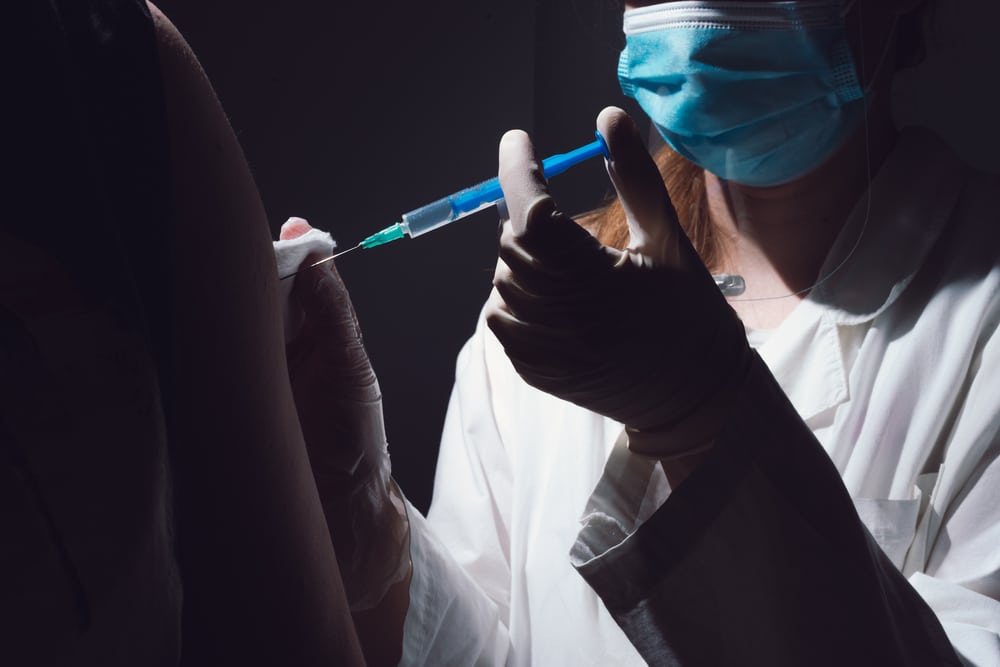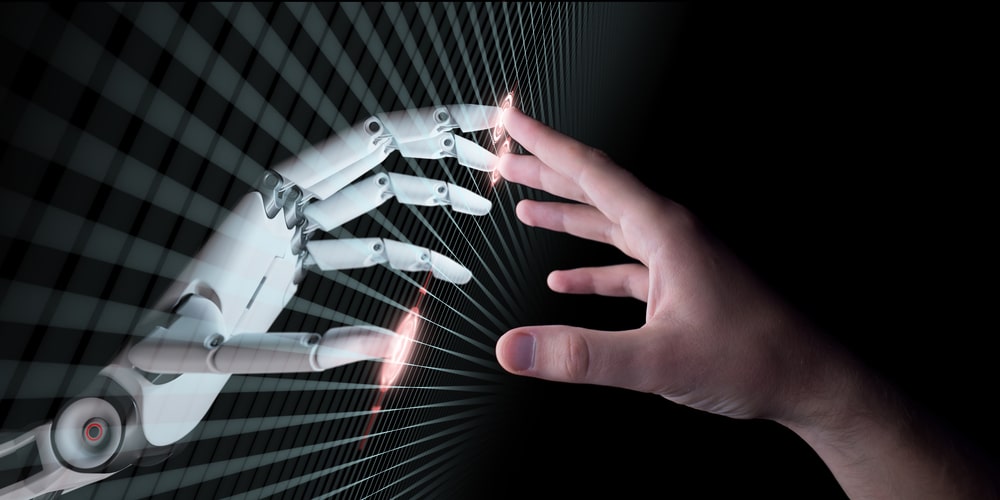Human embryos made without eggs or sperm have been created in a scientific breakthrough that is bound to raise serious ethical and legal questions.
They were produced in a joint project between Cambridge University and the California Institute of Technology and resemble embryos in the earliest stages of human development.
According to the Daily Mail, They do not have the beginnings of a brain or a beating heart but do include cells that would go on to form the placenta and yolk sac.
Scientists believe that their findings could provide significant insight and aid research into rare genetic disorders and the biological causes of miscarriage.
But the synthetic embryos are not covered by laws in the UK or in most countries around the world, meaning that they come with serious ethical and legal issues regarding the use of human embryos in a lab.
Until this breakthrough, scientists had to adhere to the 14-day rule which meant they were limited to allowing embryos to develop in a lab for a maximum of two weeks.
After this point researchers would have to wait until further along its development to pick up their study, relying on pregnancy scans and embryos donated to research.
The desire to understand this period of an embryo’s development – which starts at day 14 and ends around day 28 – was the main motivation behind the work to create synthetic human embryos.
Professor Magdalena Zernicka-Goetz, a fellow at the University of Cambridge, described the work yesterday at the International Society for Stem Cell Research’s annual meeting in Boston: ‘We can create human embryo-like models by the reprogramming of [embryonic stem] cells.’
Before the talk, she told The Guardian: ‘It’s beautiful and created entirely from embryonic stem cells.’
While it is not yet clear if the synthetic embryos could continue developing beyond their early stages, implanting them into a patient’s womb would be illegal and there is no near-term prospect of them being used for medical purposes.


















